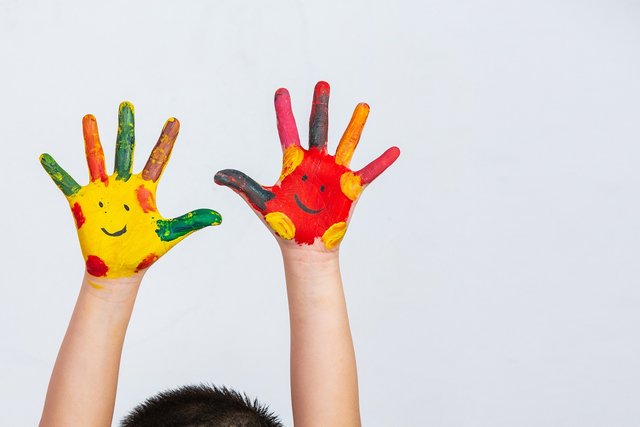How Childhood Shapes Who You Become as an Adult
Have you ever wondered why you react a certain way to stress, relationships, or even love? A big part of that comes from your childhood. Our early experiences—good or bad—can leave lasting marks on our personality.
Let’s explore how the past can quietly shape your adult life, and what you can do about it.
Childhood Is the Foundation
When we are young, our brain is still developing. Everything we see, hear, and feel helps shape how we think and act. If we grow up in a loving and safe space, we tend to feel secure as adults. But if we experience fear, neglect, or too much pressure, it can affect our self-esteem, trust, and emotions later in life.
The Role of Parents and Caregivers
Parents or caregivers are our first teachers. They show us how to deal with emotions, solve problems, and treat others.
- If you were praised often, you may feel confident today.
- If you were always criticized, you might fear making mistakes even now.
I noticed that I sometimes struggle to speak up—and it traces back to being told to “stay quiet” a lot as a child. Recognizing this helped me change.
Common Adult Traits Shaped by Childhood
Here are a few examples of how childhood experiences show up later:
- Fear of abandonment: May come from unstable or absent parenting.
- Overachieving behavior: Sometimes linked to trying to earn love or approval.
- Trust issues: Could stem from being betrayed or let down early in life.
- People-pleasing: Often formed by the need to avoid conflict or gain attention.
Not Everything Is Negative
It’s important to remember: not all childhood impact is bad.
- Kids raised in caring environments may grow up to be calm, kind, and confident.
- Even small acts of love—like bedtime stories or hugs—can lead to strong emotional health.
So yes, while trauma can leave scars, love also leaves strength.
Can We Change as Adults?
Absolutely. The good news is that our brain is flexible. Even if you had a rough start, you can still grow, heal, and become the person you want to be.
Here’s what helped me:
- Journaling about my past experiences
- Talking to a therapist or a trusted friend
- Practicing self-kindness and patience
- Learning about inner child healing
Final Thoughts
Our childhood shapes the base of who we are—but it doesn’t have to define our future. Once we understand the influence of our early life, we gain the power to make better choices today.
You’re not broken. You’re becoming. And that’s a beautiful thing.

Upvoted! Thank you for supporting witness @jswit.
You are absolutely right. Our childhood memories goes a long way to determine how our adult stage will turn out to be and that is why we must not really take it for levity. It is necessary